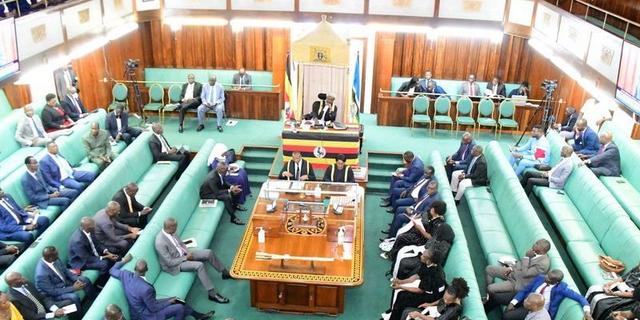
In a recent legislative update, the Parliament has passed the Lotteries and Gaming (Amendment) Bill, 2023, which will bring about significant changes to the existing tax structure in the betting industry. Under the current law, gaming operators are subjected to a 20% tax rate, as stipulated in Schedule 4 of the Lotteries and Gaming Act, 2016. The newly-passed amendment, however, will increase this rate to 30% for betting activities, while maintaining the 20% tax rate on sports betting.
According to Clause 48(1) of the Lotteries and Gaming Act, 2016, licensed operators of casinos, gaming, or betting activities must pay a gaming tax in addition to other taxes prescribed by law. The tax rate is determined by Schedule 4, which currently prescribes a rate of 20% on the total amount of money staked, minus the payouts or winnings for the period of filing returns.
During the presentation of the Bill on Thursday, 04 May 2023, Deputy Chairperson of the Finance Committee, Jane Pacutho, highlighted that certain games have multiple starts and stop points, making it difficult to enforce the tax point for winnings. This includes popular games like roulette, poker, and slot machines. As a result, casinos have been resorting to end-of-day reconciliations to account for withholding tax, which occurs only when they have incurred losses. This situation is highly unlikely, as betting and gaming companies are generally profitable.
The committee’s report indicated that the current policy needs to be adjusted to ensure that the tax is only imposed on winnings and not on the staked amounts. In order to close the revenue leakage, Jane Pacutho explained that the proposed measure seeks to eliminate the 15% withholding tax on payments for gaming winnings and, instead, increase the gaming tax rate to 30% across the gaming sector. This legislative development aims to create a more effective and fair taxation system for gaming operators, ultimately benefiting both the industry and the government’s revenue collection efforts.


















